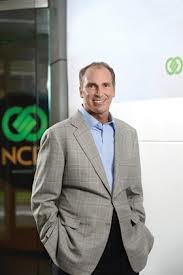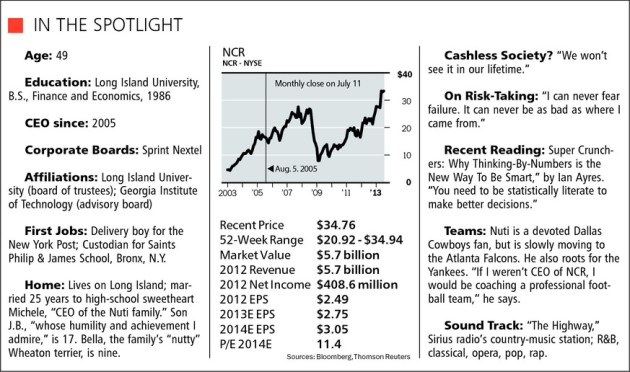‘Humans aren’t broken. They’re never broken,’ says Hugh Herr, the man on the frontier of prosthetic invention, including his own legs.
July 14, 2013 Leave a comment
July 12, 2013, 6:31 p.m. ET
The Weekend Interview With Hugh Herr: The Liberating Age of Bionics
‘Humans aren’t broken. They’re never broken,’ says Hugh Herr, the man on the frontier of prosthetic invention, including his own legs.
JOSEPH RAGO
‘It’s extraordinary that we live in this day and age with all our wonderful modern technology, and still we have shoes that give us blisters,” says Hugh Herr, with more than a little incredulity and perhaps even fresh anger at this lack of progress. “Shoes are one of the oldest devices that exist across the human timeline and it is juststaggering that we haven’t figured out that problem.” It’s a remarkable observation, on reflection, in more ways than one. Footwear and its discontents are more or less inevitabilities most of us take for granted. Also, Dr. Herr lacks biological legs below the knee. He is fitted with bionic prosthetics of his own invention, known as BiOMs, with his trousers rolled to display what he calls their “machine beauty.” Dr. Herr (pictured nearby) is the director of the Biomechatronics Research Group at the Massachusetts Institute of Technology Media Lab and a world leader at the frontiers of limb replacement and rehabilitation. Read more of this post







